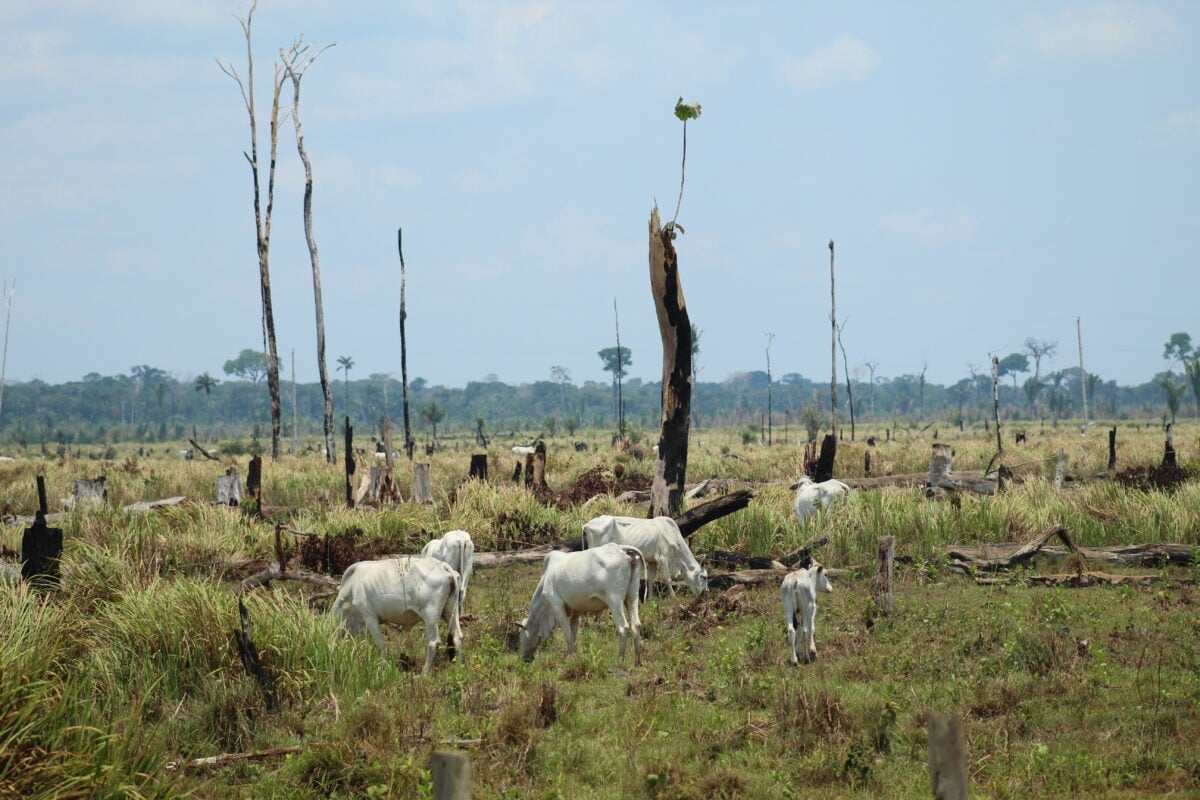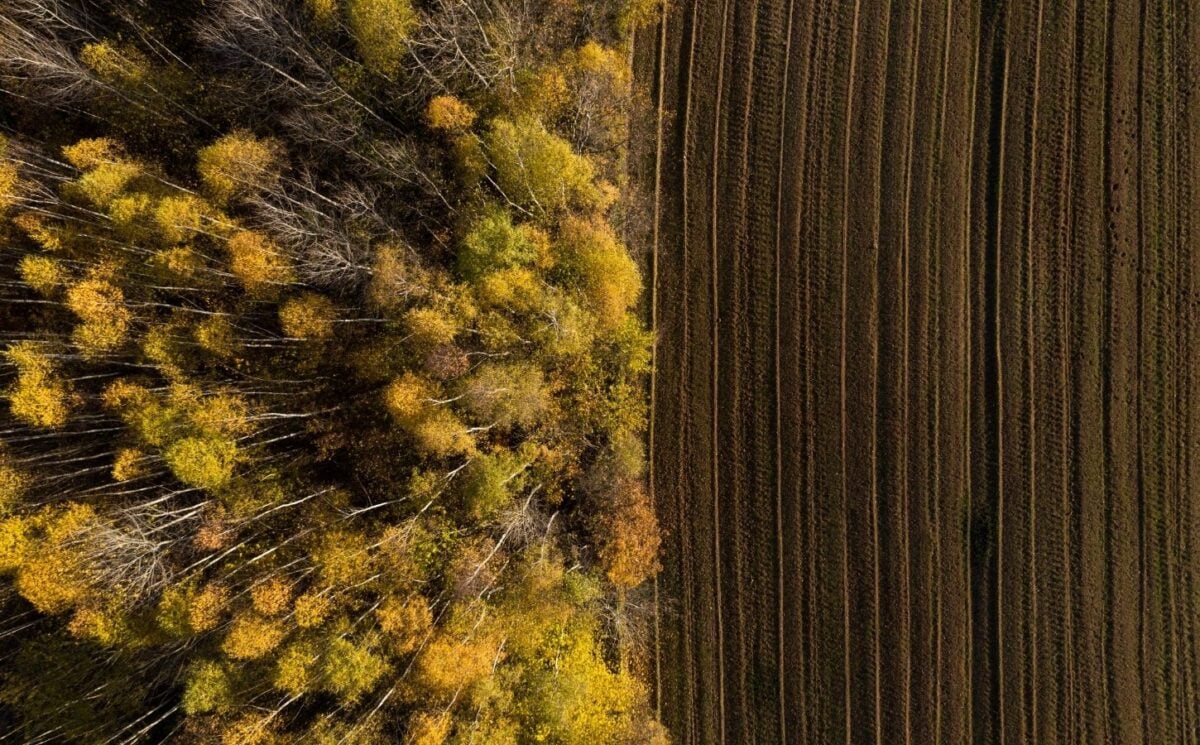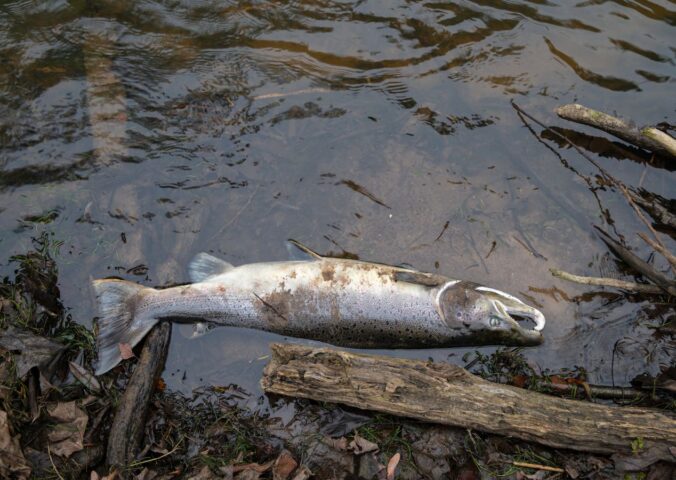A meta-analysis says that biodiversity loss is the single biggest environmental driver of infectious disease outbreaks, which are increasing in number and worsening in severity.
Read more: Bird Flu In Dairy Cows: How Worried Should We Be?
The study, titled “A Meta-Analysis on Global Change Drivers and the Risk of Infectious Disease,” appeared in the British science journal Nature earlier this week.
New infectious diseases often originate in wildlife. The authors analyzed nearly 1,000 existing studies, all focused on the five “global change drivers” that destroy ecosystems – biodiversity loss, climate change, chemical pollution, non-native species, and habitat loss.
All but habitat loss helped to spread disease, with biodiversity loss the biggest driver followed by climate change and invasive species.
“We found that biodiversity loss, chemical pollution, climate change, and introduced species are associated with increases in disease-related end points or harm,” said the study authors. “Whereas urbanization is associated with decreases.”
This is because heavily urbanized areas, such as cities, frequently have more sanitation and health infrastructure than rural environments and fewer species of wildlife.
However, all of the global change drivers feed into one another. For example, while urbanization might not increase the spread of disease directly, it does promote invasive species, biodiversity loss, and climate change, which do.

“Reducing greenhouse gas emissions, managing ecosystem health, and preventing biological invasions and biodiversity loss could help to reduce the burden of plant, animal, and human diseases,” concluded the study authors. “Especially when coupled with improvements to social and economic determinants of health.”
Read more: Government ‘Failings’ Leave UK Vulnerable To Animal Disease Outbreak, Report Warns
The next pandemic will likely be zoonotic
The COVID-19 pandemic was zoonotic, which describes an infectious disease passed between species from humans to animals – or vice versa. Many scientists predict that the next pandemic will also be a zoonotic disease.
According to the Centers for Disease Control and Prevention (CDC), three out of four emerging infectious human diseases originate in animals. One study, published in 2022, suggested that 2C warming by 2070 could create around 4,000 new animal viruses with the potential to become COVID-19-level outbreaks.
Meanwhile, a recent survey of hundreds of scientists found that 80 percent predicted at least 2.5C warming by the end of the century. Fifty percent believed that the planet will likely pass 3C – twice the 1.5C target of the Paris Agreement.
Animal farming is a key driver of both the climate crisis and the spread of infectious diseases. The former via land use, deforestation, water consumption, greenhouse gas emissions, and pollution, and the latter through overcrowding, disease, preventative use of antibiotics, transportation of animals, and unsafe farming practices, according to Compassion in World Farming (CIWF) and other animal and environmental advocacy groups.
The US is currently experiencing a multi-state avian influenza (aka bird flu) outbreak in dairy cows, a first for the H5N1 virus. The CDC has also reported at least one human infection. Additional human cases are possible, if unconfirmed.
Read more: Cement Company Opens World’s Largest ‘Pork Skyscraper’






